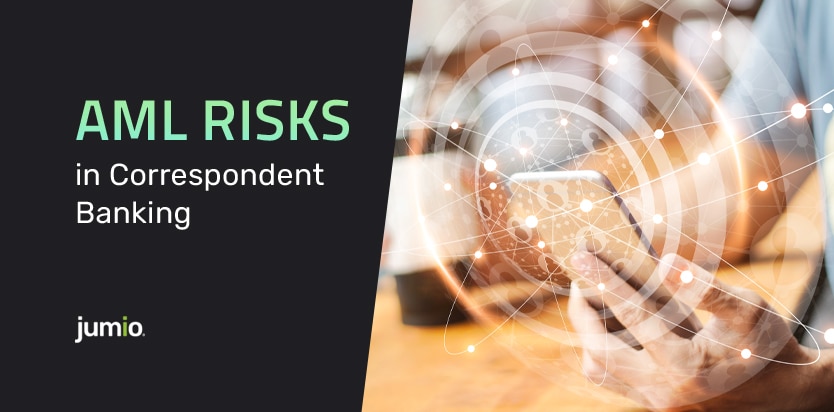Email risk is a low-cost but powerful risk signal you can use in your onboarding process to help prevent fraud. In fact, when I was a junior fraud operations manager, I got to see first-hand what a huge difference this risk check can make. I was tasked with mitigating onboarding fraud for the company’s deposit…
Preventing Fraud By Assessing Email Risk









